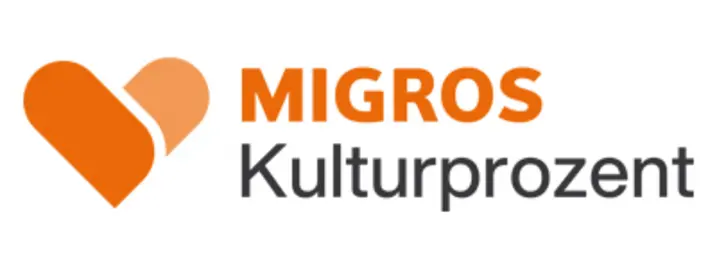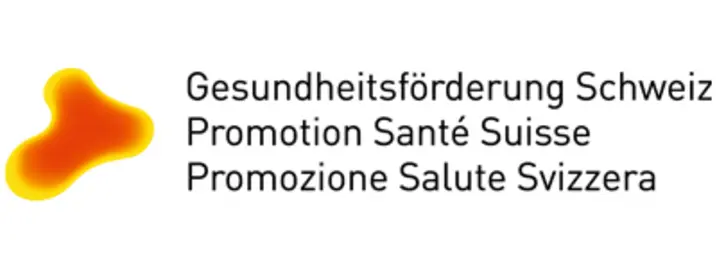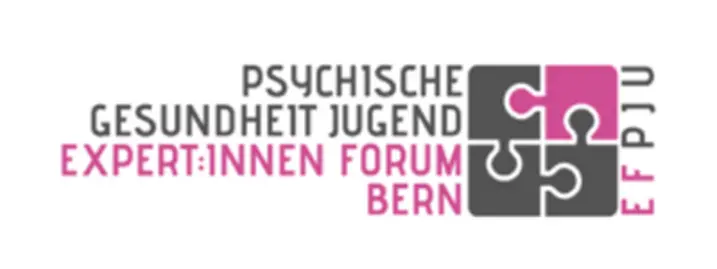Wellguides
Informing young people about mental health and services
Background
Many mental disorders already occur in childhood and adolescence. Around 10-20% of children and young people are affected - often with long-term consequences for their development, education and social life. The COVID-19 pandemic has further intensified this trend. Although there are numerous health, education and social services available, young people are often unaware of them or do not take advantage of them.
Schools - from elementary school to upper secondary level and tertiary educational institutions - offer a central access point to adolescents and young adults. This is why school and university-based measures to promote mental health and improve early detection and early intervention are particularly important.
Goals
The wellguides.ch project aims to strengthen mental health skills among adolescents and young adults. To this end, young people aged 16 to 25 are trained as multipliers (wellguides). They inform their peers about mental health in workshops at schools and universities, raise awareness of the topic and present specific support services.
In addition, existing barriers to accessing help are to be broken down and sustainable long-term structures created to anchor this peer-to-peer work in cantonal and national prevention programs.
Method
- Peer-to-peer as a central concept: At the heart of the project is a peer-to-peer approach: young people inform their peers at eye level - a format that has proven to be particularly effective for sensitive topics such as mental health.
- Wellguide training: Wellguides are trained in a multi-stage format. The training includes:
Classroom sessions (2 blocks of 3 hours each),
an e-learning module (Moodle),
case-based training (e.g. dealing with stress, addressing stress),
professional support from experts in social work, health promotion and child and adolescent psychiatry. - Implementation of the workshops: The Wellguides then conduct 90-minute workshops at schools and other youth-relevant institutions (e.g. bridging services, youth work). The workshop consists of an input lecture, an interactive post run and a presentation of local support services. The Wellguides also communicate content via social media.
- Involvement of specialist networks: Multi-professional networks in the cantons of Berne and Zurich - with specialists from the fields of education, health and social affairs - provide overviews of offers and contribute to the further development of training materials.
- Evaluation and further development: The workshops will be scientifically evaluated using online questionnaires (pre-post design). For the new project phase (2025-2027), the approach will be extended to other regions and the tertiary level and a sustainable multiplication model will be developed.
Results of the pilot phase (2024)
The Wellguides concept was tested in practice for the first time in 2024. Eight young adults were trained as Wellguides and conducted nine workshops at various schools in the cantons of Bern and Zurich. The workshops were scientifically monitored and evaluated. The results show a clear impact.
Participants in the workshops reported that they felt better informed and encouraged to talk about mental health after the workshop. Knowledge about mental health and support services increased significantly. After the workshop, many young people felt more confident in dealing with their own stress - and also in offering support to others. The interactive design, the open atmosphere and the exchange on an equal footing with the Wellguides were particularly positively highlighted. At the same time, the desire for more time for discussions and in-depth information was expressed.
The workshops therefore not only help to impart knowledge, but also to remove the taboos surrounding mental stress and promote action competence and self-efficacy.
Summary of the evaluation results
Knowledge & Relevance
- Significant increase in knowledge about mental health
- Topic was perceived as more important
Self-efficacy
- More confidence to become active yourself
- Greater willingness to help others
Communication & openness
- Fear of talking about mental health problems decreased
- Less fear of stigmatization
Information behavior & orientation
- Improved ability to find and categorize information
- More knowledge about specific offers of help
Feedback from the participants
- The majority of workshops were rated as «very good» or «good»
- Interactive, low-threshold design was particularly appreciated
- Desire for more time & depth expressed
Next steps (2025-2027)
Following the successful launch, the project will be further developed over the next three years:
- Expansion to other cantons and schools
- Introduction at tertiary level (e.g. universities, universities of applied sciences)
- Optimization of training materials and digital learning platform
- Anchoring in cantonal action programs
- Multiplication in cooperation with partner organizations
Supporting organizations
Project organization
- Project management
Prof. Dr. Frank Wieber - Project team (ZHAW)
Prof. Dr. med. Julia Dratva (Substitute project management)
Dominique Truninger
Dr. Annina Zysset - External project team (BFH)
Regina Jenzer, Co-project leader, Bern University of Applied Sciences (BFH), Social Work, Institute for Childhood, Youth and Family
Kevin Bitsch, Research Associate, Bern University of Applied Sciences (BFH), Social Work, Institute for Childhood, Youth and Family - chExternal project financiers
Anja Nowacki, Health promotion Switzerland - Project duration
01.12.2022 – 31.12.2027 - Project status
Financed



